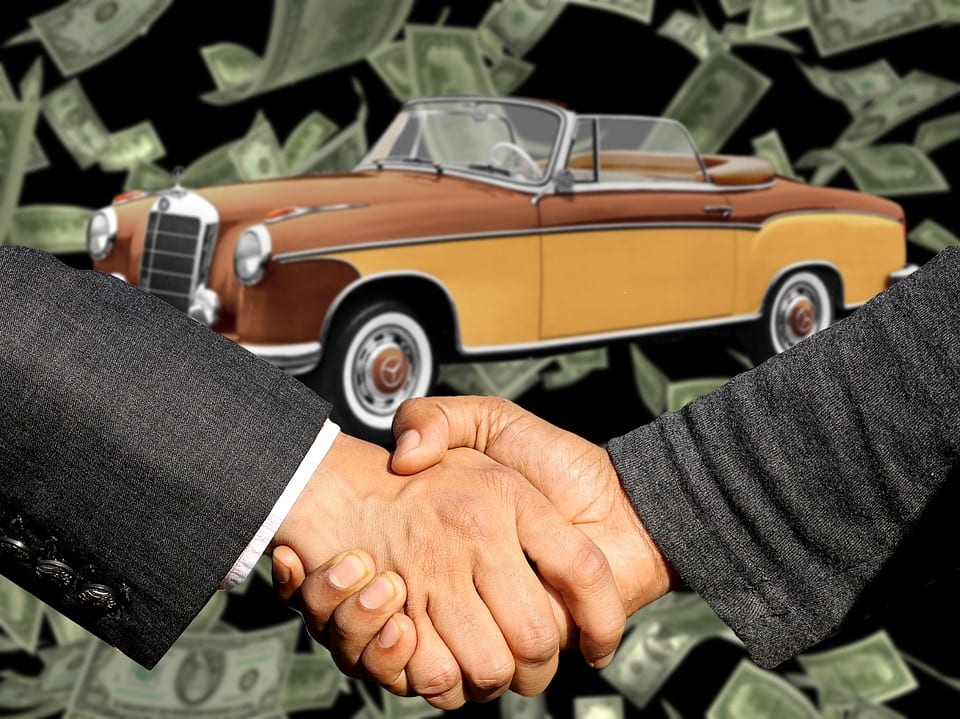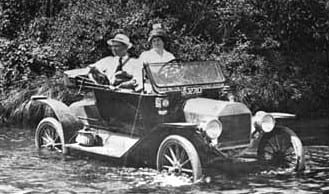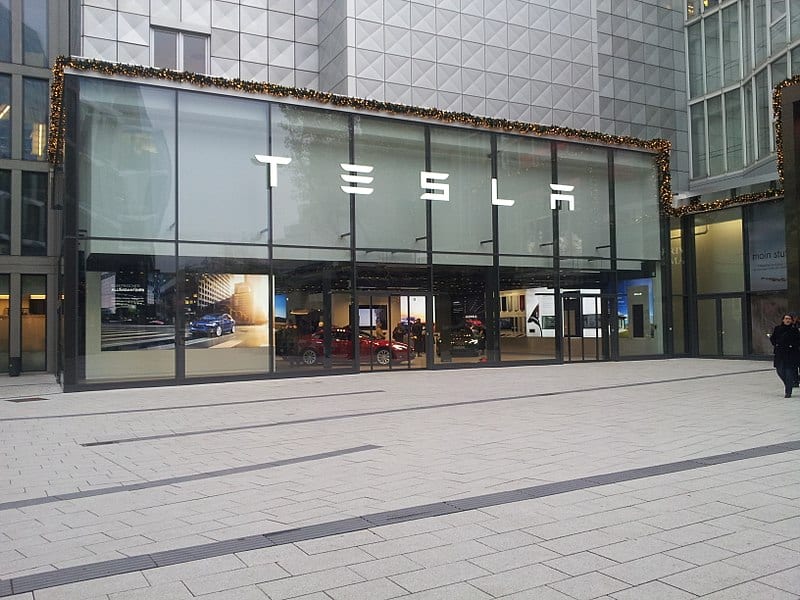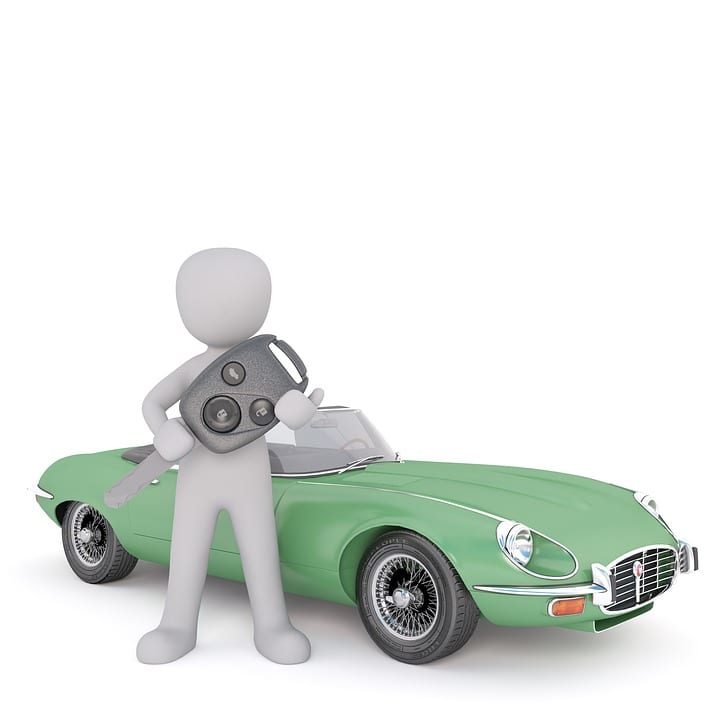Just about everyone remembers buying their first car – whether you were fortunate enough to get a brand new one or had to settle for a junker with no AC and only one functional door (R.I.P. Leona). Having a car allows you to go where you want, when you want. It’s no wonder it’s such a rite of passage for young people everywhere. Cars represent mobility, adulthood, responsibility, and that most American value of all – freedom.

Photo Credit: Pixabay
Unfortunately, while owning a car is one of the ultimate expressions of freedom, buying a car is pretty much exactly the opposite!
As just about anyone who’s ever bought a car could tell you, it’s a lengthy, complicated process with tons of paperwork that often ends in buyer’s remorse. Haggling over prices with pesky sales staff who won’t leave you alone is another irritating part of the process that a lot of people would prefer to avoid. One study found that nearly three-quarters of auto buyers would prefer to purchase their car entirely online, citing the wait time at dealerships as their biggest complaint.
Another survey by Autotrader was even more damning, as only 17 out of over 4,000 people surveyed said they like the current sales method.

Photo Credit: Pixabay
So if there’s such strong agreement amongst buyers that the dealership model is horrible, then why is it that the vast majority of us still end up having to buy our cars from our local car dealership?
While online retailers have certainly made a dent in the market, dealerships still dominate the market. To understand why, it’s important to first learn how the current model came to be in the first place.

Photo Credit: Pixabay
Back when Ford first started making cars, they were sold from the factory. Sales happened right out of a showroom in the factory; when a customer bought a car, the salesman created a build order for the car to be assembled.
As cars became more popular and more accessible to the masses, car manufacturers had to either open up showrooms around the country (and incur a ton of costs) or farm out the process to someone else.
Business is business, and creating franchised dealerships who were responsible for their own costs was the obvious choice.

Photo Credit: Wikimedia Commons
One argument that dealerships like to make is that customers are better served by a local business that knows the community.
To an extent, they’re right – local sellers are more likely to be aware of regional laws and weather/terrain considerations that could inform your decision when selecting a vehicle.
Car dealerships are also regular sponsors of community organizations, little league teams, charity events, and more.

Photo Credit: Wikimedia Commons
Unfortunately, dealership associations also funnel a good deal of money to state and federal lawmakers in order to ensure their stranglehold on the marketplace.
This is perhaps the biggest reason that, despite the aforementioned customer surveys stating how much people hate dealerships, we’re still forced to use them almost exclusively!
The state of Texas, for instance, has some pretty tight legislation preventing manufacturers from selling directly to customers.

Photo Credit: NADA
That’s not to say that nobody’s ever tried – both Saturn and Ford have tried versions of a direct sales model in the past with disappointing results.
Saturn attempted to do “fixed-price” sales, while Ford actually tried to open up several stores. While mismanagement was certainly also a factor in the demise of these ventures, disputes with dealership associations over pricing and sales played a pretty large role as well.
More recently, electric car manufacturer Tesla has been able to circumvent some of the laws preventing direct sales by arguing that their vehicles are still a niche product that requires a highly knowledgeable sales staff to properly walk customers through the features of their new purchase.
While this argument has generally worked for them so far, they’ve still seen their share of opposition from dealerships.

Photo Credit: Wikimedia Commons
All this effort is to keep their business as deliberately non-transparent as possible because less informed customers are much easier to take advantage of. While car ads often feature a suggested retail price, the price you actually get from a dealer can vary wildly. The internet has also attempted to provide solutions to this information gap, but professors at Harvard Business School found that even these can be pretty inconsistent from one service to the next.
As a matter of fact, despite their obvious business and negotiating acumen, even these professors characterized their car buying experiences in a pretty negative light.

Photo Credit: Pixabay
While all of this sounds pretty frustrating, there is some hope for the future.
Those aforementioned Harvard Business School professors feel that the current issue is that incentives between manufacturers and dealers are poorly aligned. While manufacturers want to create brand/customer loyalty for years to come, dealers only really care about selling a car today.

Photo Credit: Imgflip
Instead, the professors imagined cars being owned on a subscription model, possibly based on mileage used – similar to how we calculate rates for cloud computing services today. Dealerships would be responsible for maintenance, but customers would be responsible for the insurance in order to motivate safe driving.
In this way, reluctant buyers get some flexibility, dealerships don’t go obsolete, and manufacturers get to create a lasting sense of brand loyalty.
It could be a beautiful future!
The post There’s a Reason Car Dealerships…Kind of Suck appeared first on UberFacts.